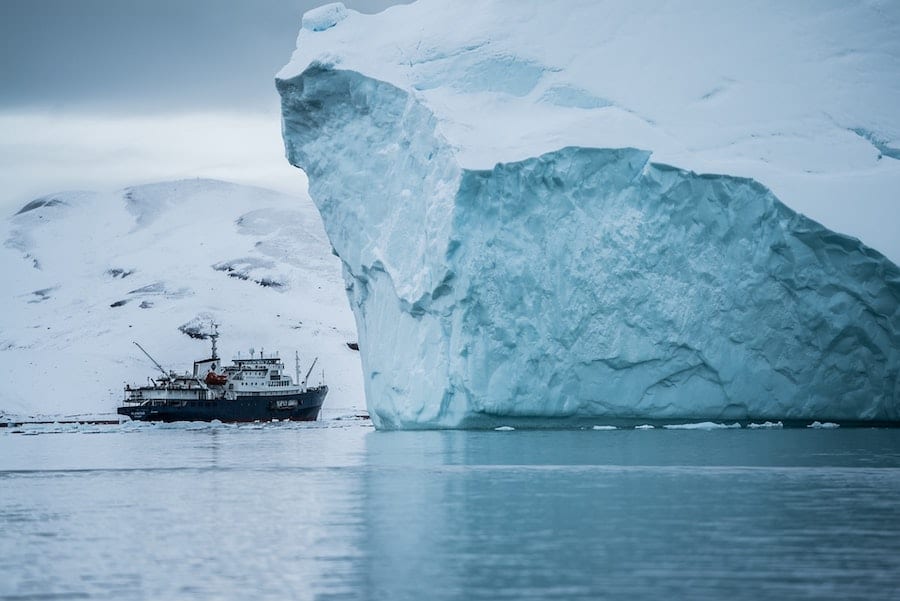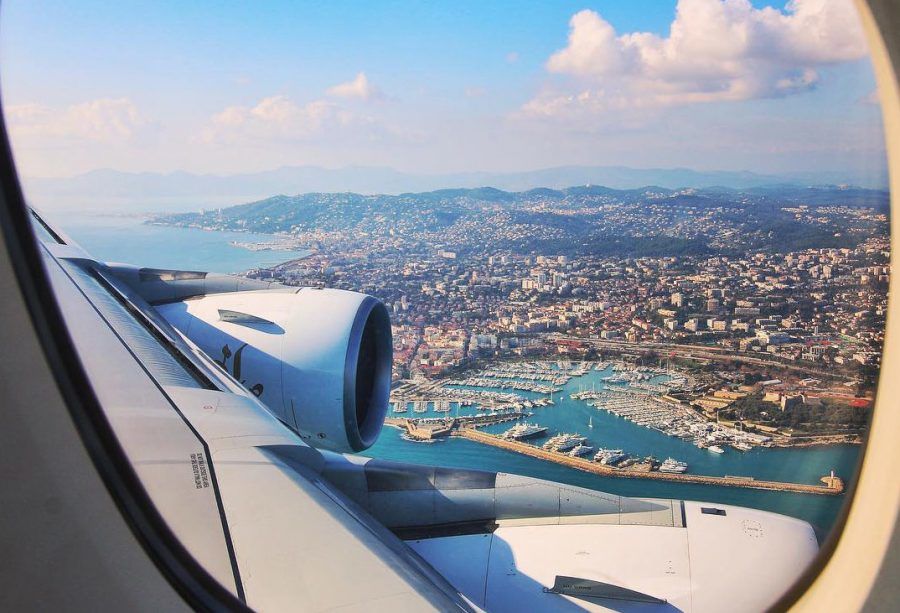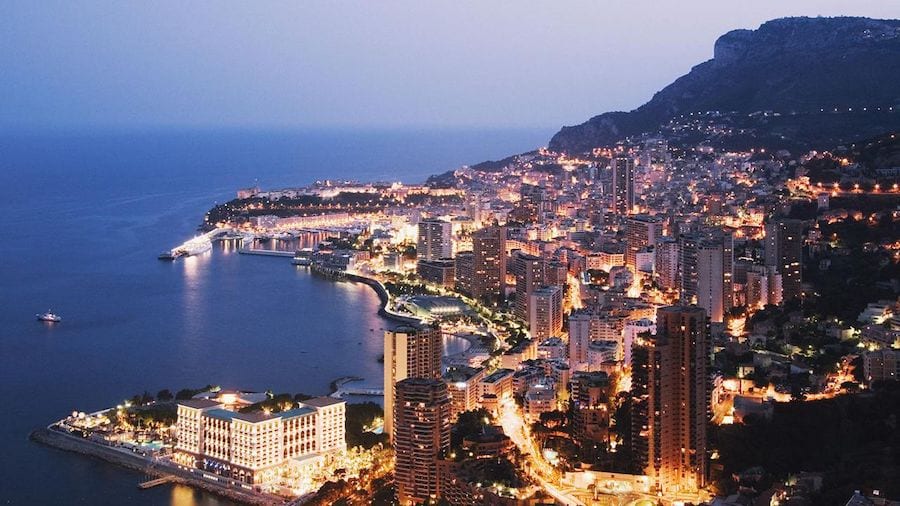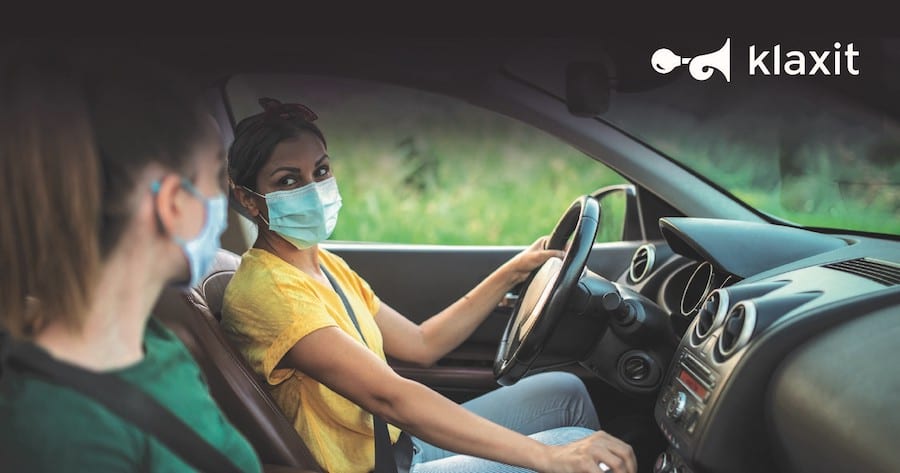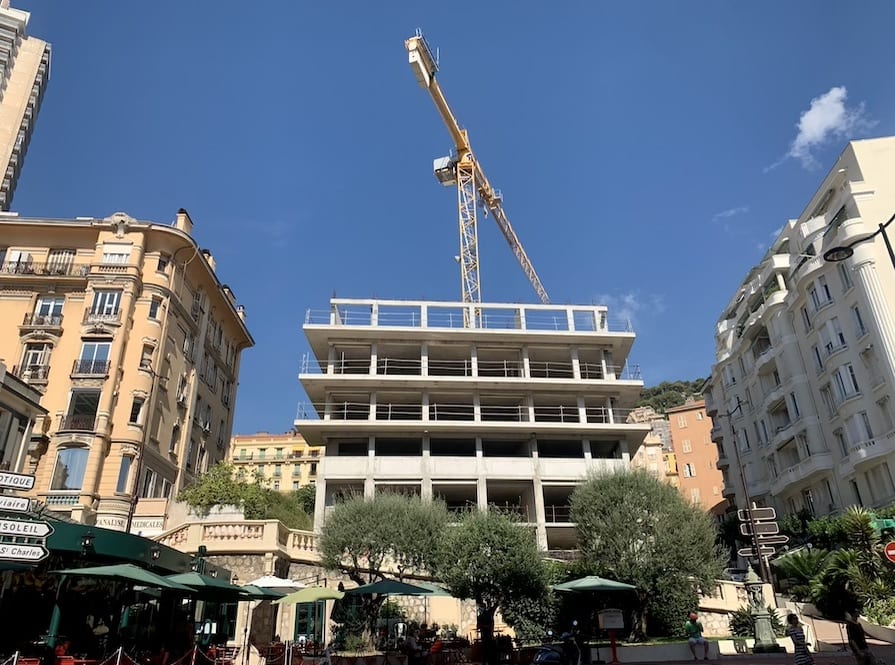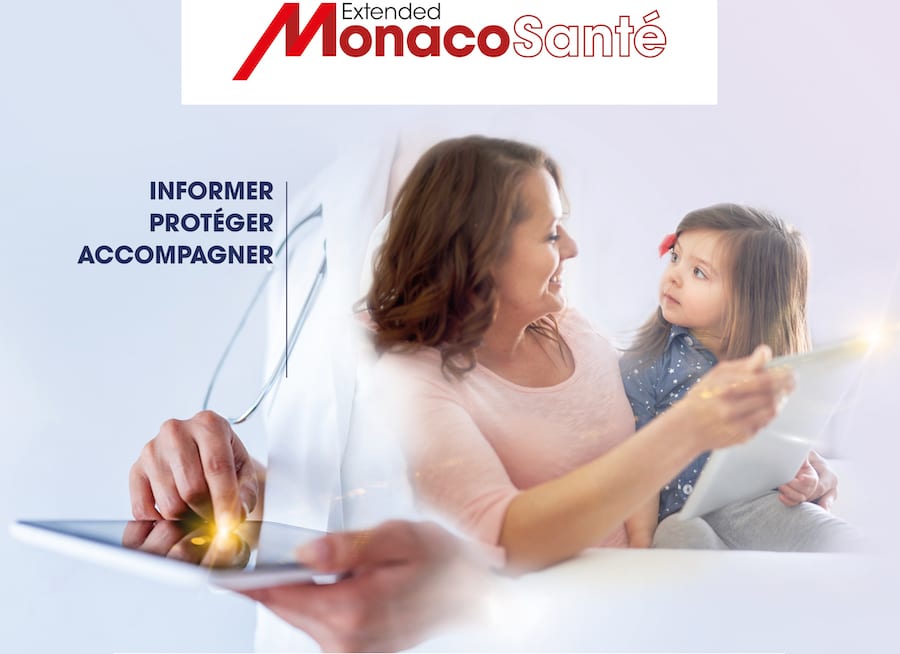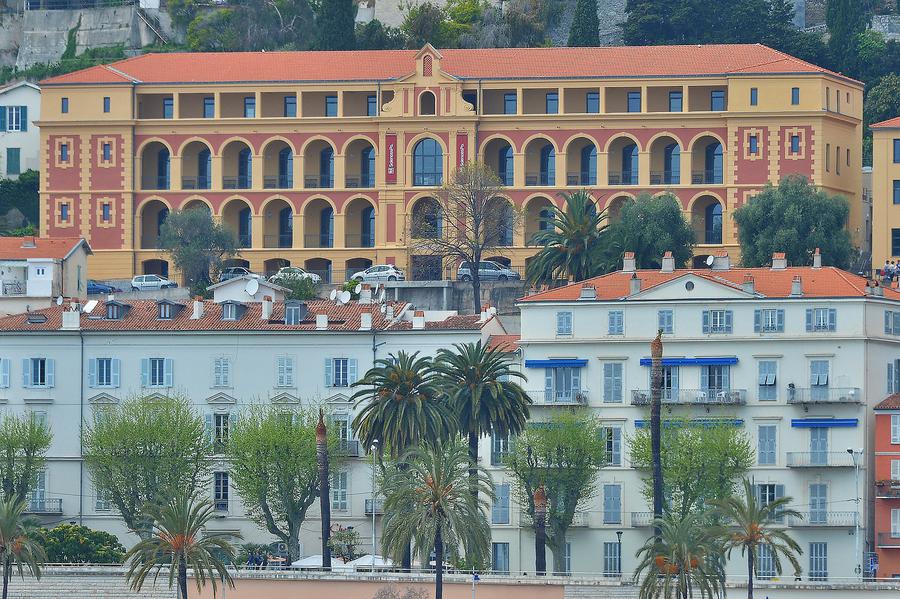The Prince Albert II of Monaco Foundation has signed the Arctic Commitment and pledged its support for a ban on the use and carriage of heavy fuel oil in Arctic shipping.
The Prince’s Foundation joins more than 165 companies, explorers, politicians and NGOs who have committed their support for the ban.
The Arctic Commitment was launched in 2017 and calls on the global governing body for shipping, the International Maritime Organisation (IMO), to eliminate the use and carriage of heavy fuel oil (HFO) in Arctic shipping.
An effective ban would protect Arctic communities and ecosystems – already under pressure from climate change – from the risks posed by a spill of HFO – a viscous and polluting fossil fuel that accounts for 80% of marine fuel used worldwide, along with black carbon pollution emitted from burning HFO as fuel.
“The Clean Arctic Alliance is honoured to welcome the Prince Albert II of Monaco Foundation as a signatory to the Arctic Commitment,” said Dr Sian Prior, Lead Advisor. “The gracious support of the Prince Albert II of Monaco Foundation for the Arctic Commitment demonstrates the increasing groundswell of support for a rapid phase-out of the use and carriage of HFO as fuel by ships operating in the Arctic. With sea ice receding due to the climate crisis, and ships making greater and earlier use of the Arctic Ocean for transporting goods, Arctic nations should put in place bans on HFO use and carriage in their own waters that will prove more ambitious than the ban recently approved by the IMO.”
“The Polar Regions are the first to witness global warming and are among the first territories to suffer from its negative consequences and from the impact of human activities, especially in the North Pole,” added Olivier Wenden, Vice-President and CEO of the Prince Albert II of Monaco Foundation. “Since the creation of the Prince Albert II of Monaco Foundation in 2006, they are one of our top priority areas of action. We are proud to have been able to support more than 90 various projects in almost 15 years in these regions, whose issues are both local and global.
“Today we are pleased to stand with the Clean Arctic Alliance and support their initiative that aims to limit human pollution in an area that must be preserved more than ever,” added Mr Wenden. “New maritime routes open because of global warming making the way to the North Pole easier. Freight and tourism activities, and the use of heavy fuel oil in particular, are today a real risk for the balance of the North Pole that requires our collective action”.
In November 2020, during a virtual meeting of the IMO’s Marine Environment Protection Committee (MEPC 75), a ban on the use and carriage of heavy fuel oil was approved by member states, and if adopted at MEPC 76 in June 2021, will come into effect in 2024.
However, according to recent analysis by the International Council on Clean Transportation, the regulation approved today will only reduce the use of HFO by 16% and the carriage of HFO as fuel by 30% when it takes effect in July 2024, and will allow 74% of Arctic shipping to continue with business as usual, until the ban comes fully into effect in 2029.
Between July 2024 and July 2029, the amount of HFO used and carried in the Arctic is likely to increase as shipping in the Arctic increases, and as newer ships replace older vessels and are able to take advantage of the exemption or change flag and seek a waiver from the ban.
“With the current ban, it will be nearly a decade before the proposed Arctic HFO ban takes full effect, and 20 years after the Arctic Council first identified that the greatest risk to the Arctic from shipping is from oil spills,” said Dr Prior. “In the meantime, Arctic ecosystems wildlife and its people will continue to be at risk of an HFO spill and the impacts of black carbon emissions. The IMO must act quickly to reduce black carbon emissions that are already having drastic impacts on the Arctic, and this action should be the immediate switching from HFO to distillate or cleaner fuels. Arctic nations could also support rapid action by banning HFO use and carriage in their own waters ahead of the IMO’s ban – Norway is already leading the way and consulting on an extension to an existing ban on HFO in the waters surrounding the island archipelago of Svalbard”.
Source: Clean Arctic Alliance. Photo by Hubert Neufeld on Unsplash
Prince’s Foundation joins Clean Arctic Alliance
